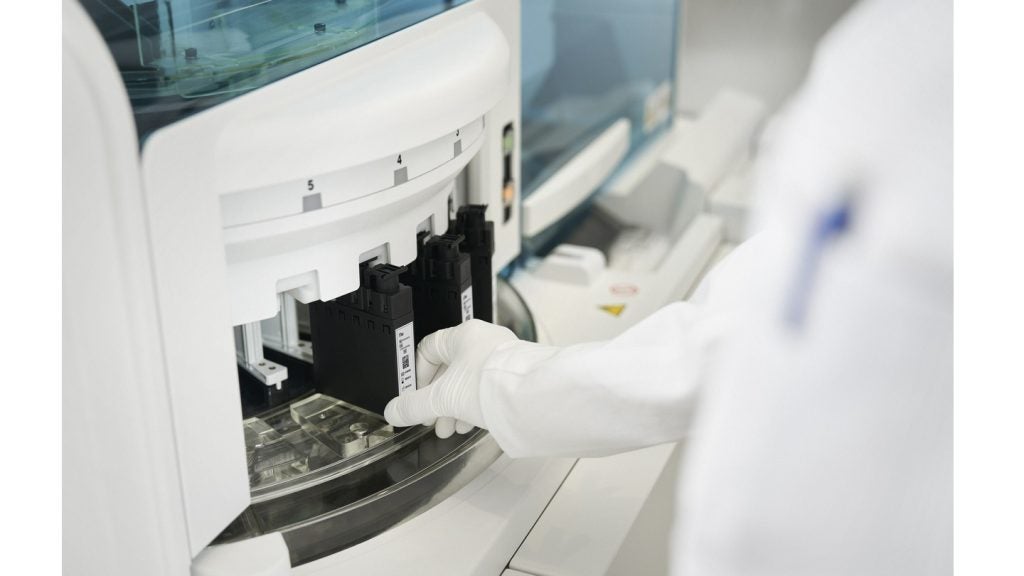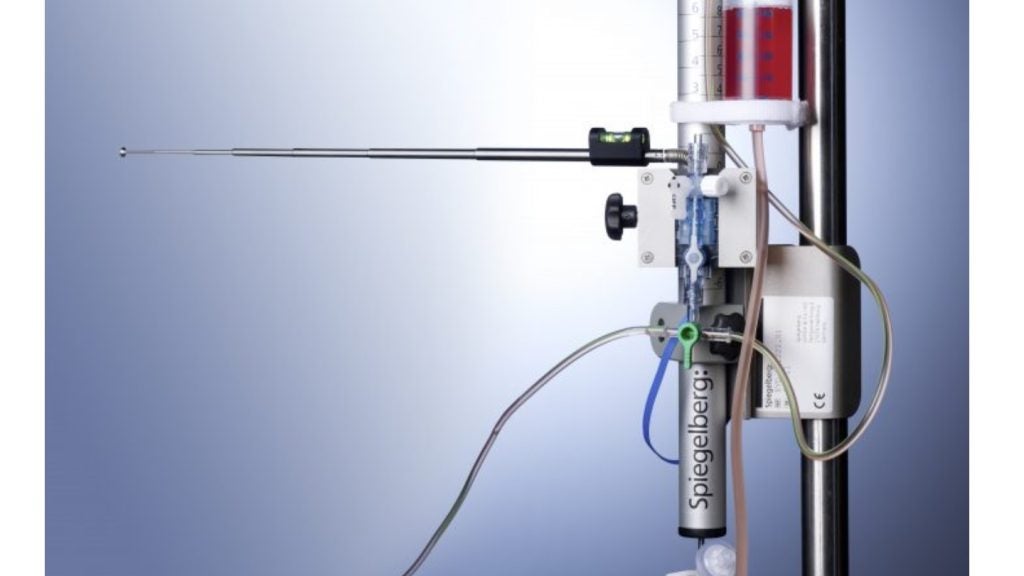Roche has secured 510(k) clearance from the US Food and Drug Administration (FDA) for its Elecsys beta-Amyloid (1-42) CSF II (Abeta42) and Elecsys Total-Tau CSF (tTau) assays.
Designed to be used as a tTau/Abeta42 ratio, the assays help measure two Alzheimer's pathology biomarkers, beta-amyloid and tau proteins, in adults aged 55 and above.
The assays hold the potential to identify Alzheimer's pathology in earlier stages of the disease.
They ensure the accuracy of the tTau/Abeta42 ratio results by maintaining traceability with reference materials.
Furthermore, both assays are designed to be used in addition to other clinical diagnostic assessments for determining the presence of Alzheimer's in a person.
The new Elecsys tTau/Abeta42 ratio is expected to be available in the fourth quarter of this year.
Roche Diagnostics North America president and CEO Brad Moore said: “An early and accurate diagnosis can help patients, caregivers and physicians determine a path forward and the Elecsys CSF assays support diagnosis at early disease stages when treatment is most effective.”
Last year, the company received 510(k) clearance from the FDA for the Elecsys beta-Amyloid (1-42) CSF II (Abeta42) and Elecsys Phospho-Tau (181P) CSF (pTau181) assays to use in pTau181/Abeta42 ratio.
Currently, the company is offering FDA-approved Alzheimer's tests in the US in two ratios, including three assays. Both ratios comprise Abeta42.
In July last year, the company also received breakthrough device designation from the FDA for its Elecsys Amyloid Plasma Panel to measure Alzheimer's biomarkers from a blood sample. The Elecsys AD CSF assays are registered in 46 countries across the world.
















